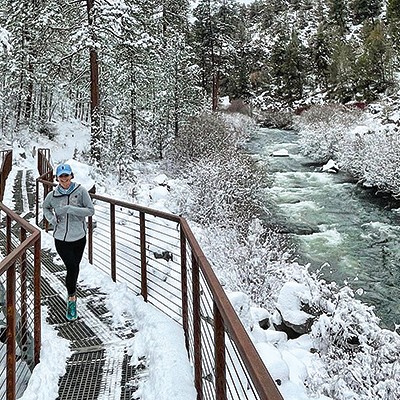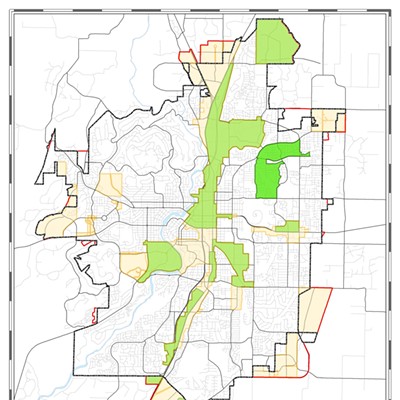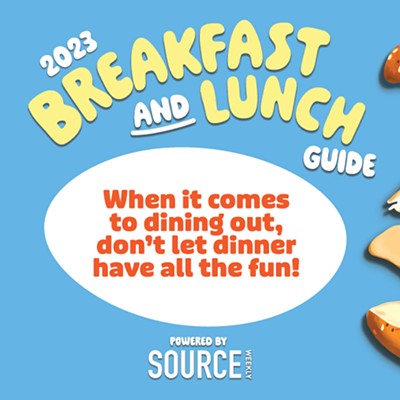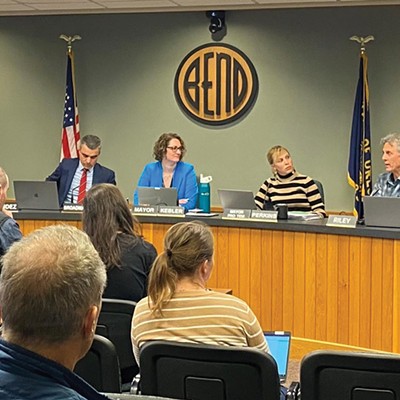Pay Together
City Council took the first decisive step toward keeping Bend's roads from falling into a deepening state of disrepair at its last meeting by voting to put a fuel tax on the March 2016 ballot.
It was not a unanimous vote.
Councilors Victor Chudowsky and Casey Roats voted against the tax measure, ultimately maintaining the positions they held when the issue was first brought before Council in August. Beyond their concerns about whether Bend ought to have a fuel tax, they also objected to the timing. Putting the measure on the ballot in March, rather than May, costs the City about $60,000-$70,000, according to a member of the Streets Funding Committee.
But their vote failed to take into consideration the larger picture—that every day we don't have a fuel tax supplementing the City's budget for road maintenance and repairs, the problem gets more and more expensive to fix. There's also the fact that the current conditions do little to contribute to safety or livability.
Regardless, to the March ballot the measure goes. Now that the City Council has wisely moved forward with the fuel tax, they and their community supporters need to campaign like they mean it. Going to the ballot sooner also means less time for voter education.
That conversation needs to go beyond extolling the merits of a use-based fee to fund badly-needed road repairs. It needs to not only recognize the specific rationale for having a fuel tax in Bend, it needs to help people remember why we have taxes, of any kind.
Politicians of a certain stripe have made an anti-tax stance a central part of their platform, and it's not hard to see why. No one likes paying them, so being against taxes can help win elections. And in Central Oregon, where self-sufficiency and independence are highly valued qualities, it's easy to paint the benefits of taxes as handouts.
But we live in communities for a reason. Generally, we have accepted the notion that we are stronger together. Safety in numbers—that sort of thing. Rugged individualism may serve you well in the wilderness, but if you want to reap the rewards of community, you have to pay into the pot. When everyone in a community chips in, it lightens the load physically and financially. But some folks want to have their cake and eat it for free.
That's where individualism turns into hypocrisy. Many of the same people who complain about the condition of the roads after a winter storm are the same ones opposed to a gas tax. They are upset that the City can't manage to deliver services, and yet they oppose giving the City the resources it needs to do a better job.
Now, we'll grant that throwing money at a problem doesn't make it go away, and the City could get the money and botch the job. But that possibility just isn't persuasive enough to justify not making the effort. The alternative just isn't an option.
Our roads—the pathways that physically connect us to one another—are failing. The longer we wait to fix them and the longer we wait for a solution, the more costly it gets. We owe it to each other to chip in and get the job done. So with that, we offer a glass slipper of thanks to five-sevenths of the City Council, and we'll shine one up for the voters, when the time comes.


























